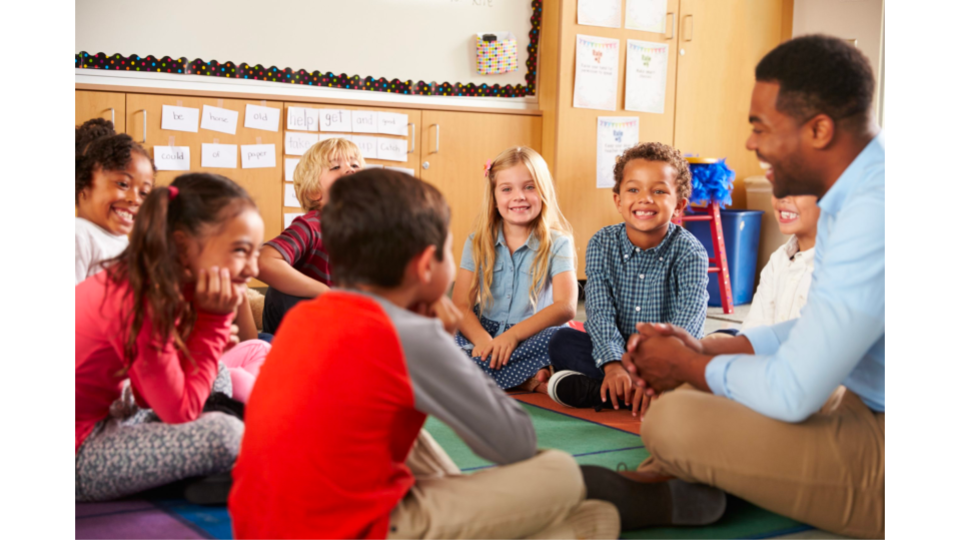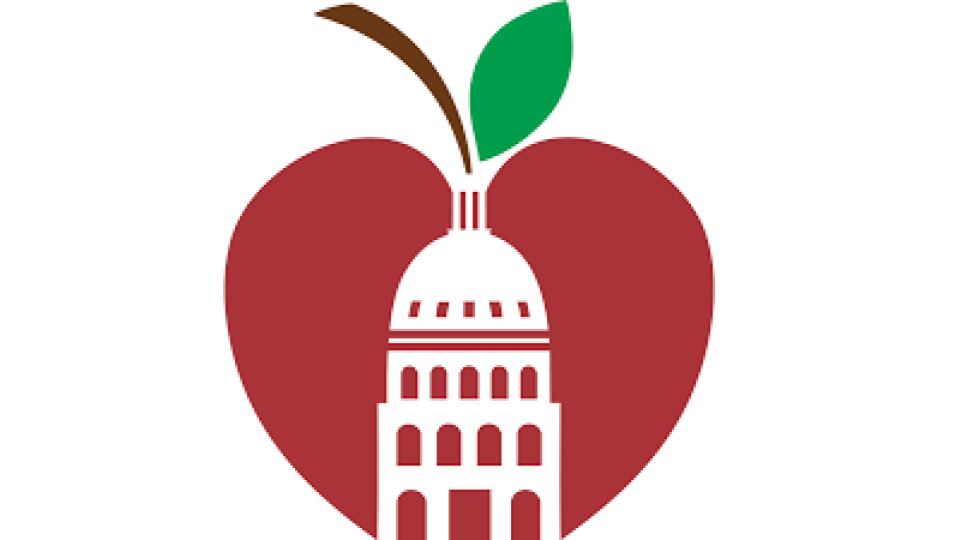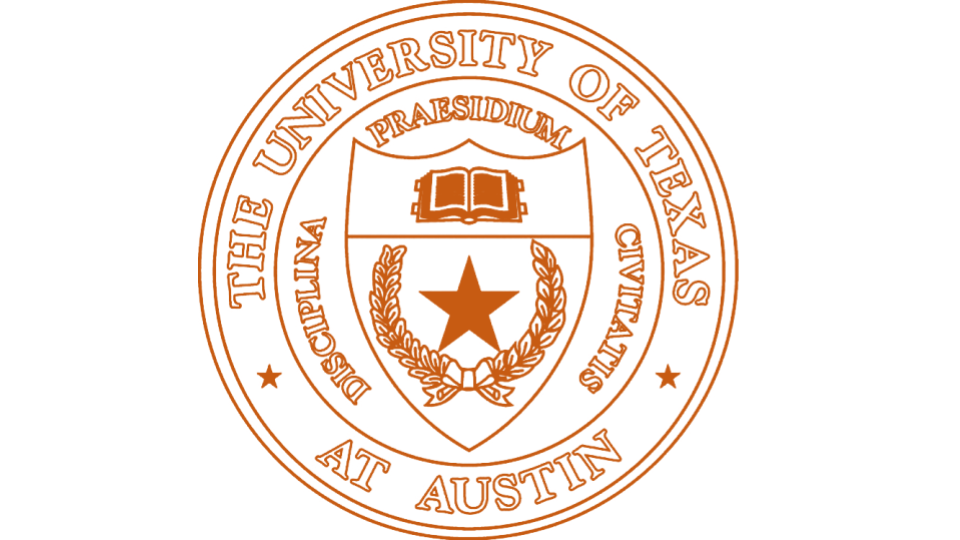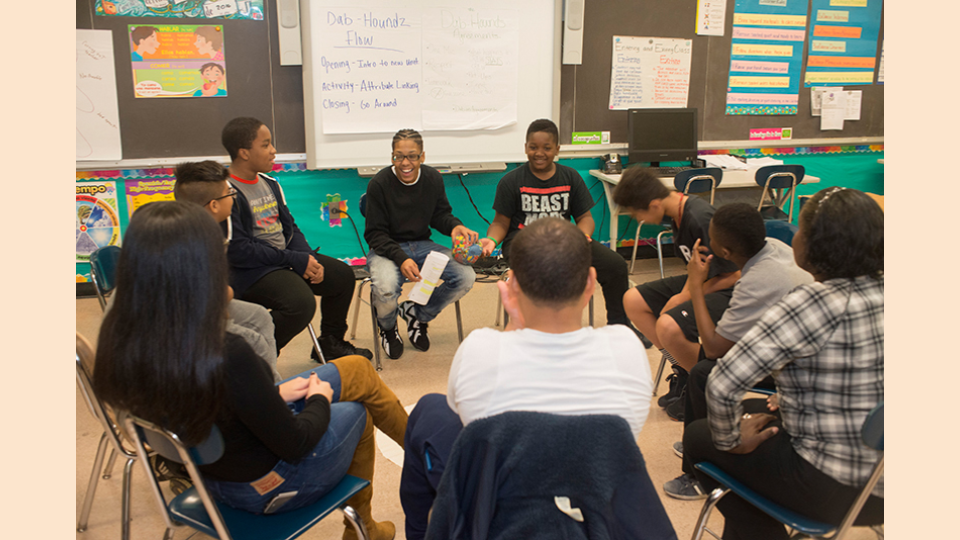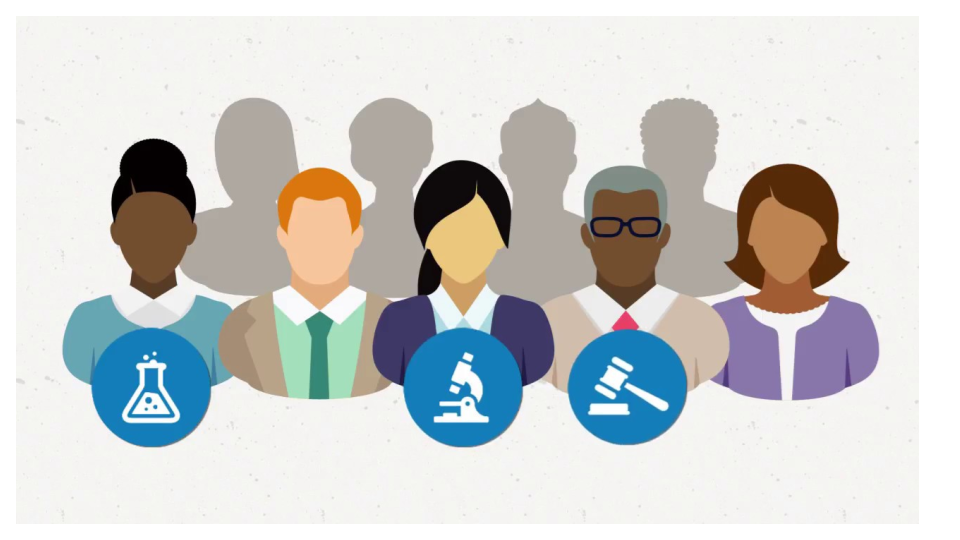Restorative Practice
A Qualitative Research Project
Restorative Practice is a framework and a practice that “has the potential to mend and build relationships, repair harm, and right the wrongs in our public schools.”
Gaye Lang, Ph.D. (2017)
State Director for Restorative Practices at the Texas Education Agency
Why Do We Need Restorative Practice in Schools?
“And, how are the children?”
Shakara pulled down by Richland County Sheriff Leon Lott in Spring Valley High.
-
-75% of schools have adopted ZTPP
-ZTPP Examples:
Suspension
Expulsion
Cameras
Metal Detectors
(Smith, 2015)
-
-Suspension or Expulsion:
African American Students are 5x more likely to be suspended or expelled
Latinx Students are 2x more likely to be suspended or expelled
97% of Disciplinary Actions were at School Official’s Discretion
(Fabelo et al., 2011; Texas Appleseed, 2009)
“When a student was suspended or expelled for a discretionary discipline action, this tripled the likelihood of juvenile justice system contact in the following school year.”
A 5-Year Collaboration
2018-2022
The Plan
Employ and train 7 Restorative Practice Trainers (RP Trainers) to support schools to reduce disparities in exclusionary discipline by:
Adopting Restorative Practice (RP) school-wide
Training Teachers in Restorative Framework and Practice
Meet The Team
-
-Lead Researcher
Planned, designed, & managed the research project end-to-end (e.g., proposal, recruitment, timeline, logistics, etc.)
-Grant Administrator
Managed $337,518 grant budget
-Coach & Mentor
Coached and mentored Graduate Research Assistants on research methodologies & process
-
-Lori, Faculty, Co-Researcher
-Mia, Graduate Research Assistant
-June, Graduate Research Assistant
-Kayla, Graduate Research Assistant
-Audrey, Grants and Contracts Specialist
-
-Alma, Grant Director
-Simone, Grant Coordinator
-
-7 RP Trainers
-Alma, Grant Director
-Simone, Grant Coordinator
Research Process: The Launch
Research Process: Data Collection, Analysis, & Synthesis
Research Outcome
-
-Advocacy Labor
-Emotional Labor
-Intellectual Labor
-Physical Labor
“… you start off facing hardcore resistance from people where you have doors being slammed on your face, or you have people actively trying to sabotage and discredit you” (Marie, RP Trainer, 2021)
-
-Culturally Responsive Framework
-Coaching Partners
-Restorative Circles
“… having the [bi-weekly] circles to where we can just receive the benefit of the restorative approach ourselves is really impactful…to have that space where we can be vulnerable, where we can share, we can articulate whatever’s going on for us, have that check-in, have that connection, have that trust build within our team, to share deeply whatever it is, is so important.” (Reyna, RP Trainer, 2019)
Appendix
-
What brings you into restorative practices? Why is this work important to you?
How might you define or describe restorative practices?
How have you honored the Indigenous roots in restorative circles throughout your work?
How has your understanding of building relationships and trust evolved since you began the RP Trainer position?
-
What successes / challenges have you faced so far?
What barriers on campus limit your effectiveness? What campus supports would be helpful but currently are not available?
What personal changes have you had to make in order to accomplish your work as an RP Trainer?
If you could change anything on campus in order to make your job as a RP Trainer more manageable, what would it be?
If you could change anything in terms of supports in order to make your job as a RP Trainer more manageable, what would it be?
What is one of the things you have done so far as a RP Trainer that you are most proud of?
-
You are about 4 years into your work implementing whole-school Restorative Practices on your campus. How is it going? What were some successes / challenges you encountered?
What conditions / factors enabled your work?
What conditions / factors prevented your work?
In the beginning, you mentioned various support structures that really helped you with this work such as the Bi-weekly PD and your peer group. Is that still true for you? Has anything changed since? What do you find yourself needing (e.g., internal, external resources)?
What supports would be helpful but currently not available (eg. specific types of support, training, etc.)?
Please share your experiences implementing whole-school Restorative Practices during the pandemic. What was that like? What were some of your adjustments / accommodations? What were some of the successes / challenges?
You are about 4 years into this work, from your perspective, do you think Restorative Practice is sustainable? Why or why not? What do we need to do to maintain it?
What impacts do you feel you have made on your campus(es)?
